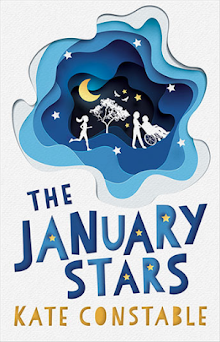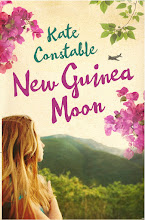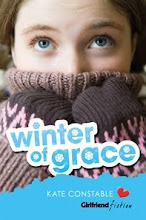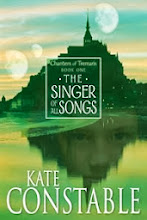Twenty years old, Henry Reynolds' personal account of his journey of growing awareness of Aboriginal history, Why Weren't We Told? is sadly more relevant today than ever. Perhaps more people are aware of the truth of what happened when Europeans invaded Australia than they were in 1999, but plenty still aren't. There are still lots of myths and misinformation, still plenty of denial and ignorance, and the need for understanding and truth-telling is as urgent as ever.
Reynolds wrote this memoir in the heat of John Howard's condemnation of the so-called 'black armband' History Wars, a conflict in which Reynolds himself was one of the most outspoken voices. And yet just last week I heard a caller to the ABC complaining that the broadcaster placed too much emphasis on telling Aboriginal stories, whingeing that they had an 'agenda.'
I finished reading Why Weren't We Told? during a trip to a regional high school to talk about Crow Country (itself now nearly ten years old). A number of schools have found studying Crow Country to be a useful and not-too-confronting way to raise the troubled history between Europeans and Indigenous people, and I'm very happy to add some extra information into the mix. One student asked me what I thought of the Adam Goodes affair* and I said I was deeply saddened and angered by it. The students had just watched The Final Quarter, and I got the impression that most of them agreed with me. So maybe, slowly, we are getting somewhere? God, I hope so.
*An extraordinarily talented AFL footballer, Goodes started being booed during games when he bagan to speak out on race relations. Eventually he retired, basically driven from the field by the hostility of the crowds. Two recent documentaries have explored this shameful episode.
12.8.19
Subscribe to:
Post Comments (Atom)















No comments:
Post a Comment
0 comments